Similarity: A Paradigm for Culture Theory
This volume is a collection of papers based on the idea that the concept of ‘similarity’ could offer a new, alternative approach in Cultural Studies, as compared to the hitherto dominant paradigm of ‘difference’.
The concepts of identity and otherness are becoming ever-more questionable, not least due to global political events of the last few decades. The assumption of distinct cultural identities in an era of postmodern migratory flows seems increasingly inadequate. Though the postcolonial critique of identity has emphasized alterity and hybridity, this has remained within the paradigm of difference as an overall perspective. For these reasons, it is important not only to discuss but also to reflect upon whether a concept of similarity, which offers an alternative way of examining our complex cultural world, can be developed alongside a concept of difference.
The essays presented in this volume come from literary and cultural studies, from philosophy, political science, sociology, ethnology and history. They are arranged according to their systematic perspectives: the first part of the book deals with conceptual attempts to establish the relevance of ‘similarity’ for Cultural Studies, while the second part is devoted to testing different areas and models of application.
The essays explore the theoretical range of the concept of similarity in historical and systematic terms. Similarity is seen not only a heuristic concept, but also as an argument and an alternative option in cultural practice. That is why it was discredited by suggesting that it supported an assimilationist position leading to a forceful adjustment of cultures, gender or religion. In addition, similarity and thinking in similarity were supposedly part of a premodern way of thinking belonging to other times and places, part of the primitive stages of culture or a premodern epoch, and therefore of a different order of things (Foucault) that was distinct from a rationalist modern epoch in which only exact concepts are valid.
Thinking in similarity does in fact oppose the desire to draw precise borders and exact definitions. But this supposed drawback can be an advantage when dealing with complex phenomena of culture where fluid transitions, multiple overlappings and broad spatial borders are given. The specific epistemological achievement of the category of similarity consists in offering new ways of seeing the diffuse dynamics and fuzzy relations characteristic of our contemporary complex and entangled world.
Thinking about similarity should not be (mis-) understood as a false form of harmonization or as a levelling of differences. Rather, considerations of similarity contain a subversive potential to expose the claimed antagonisms and radical incompatibilities of opposition and differences as nothing more than ideology.
Get it now and save 10%
BECOME A MEMBER

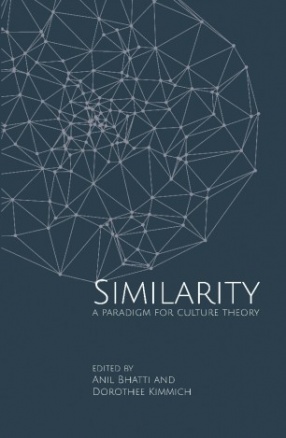
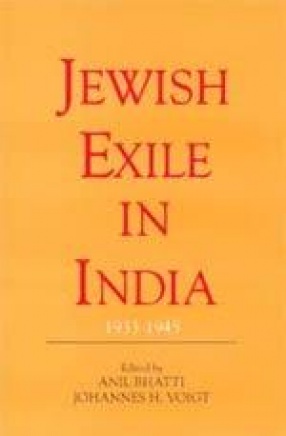

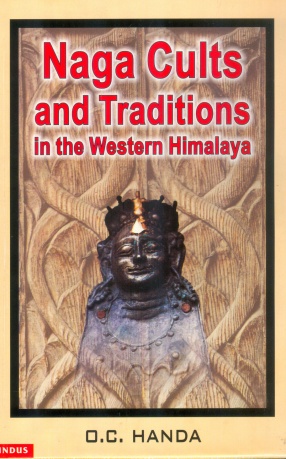
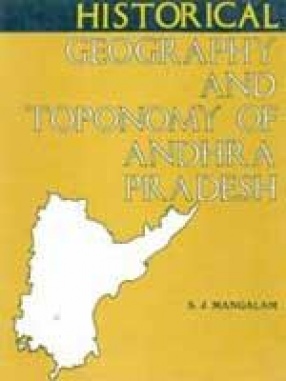
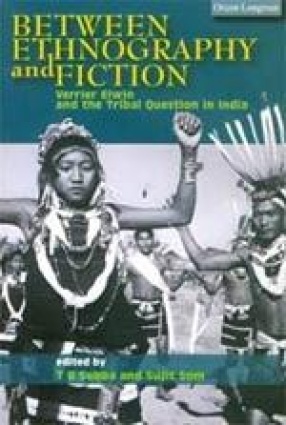

Bibliographic information
Dorothee Kimmich